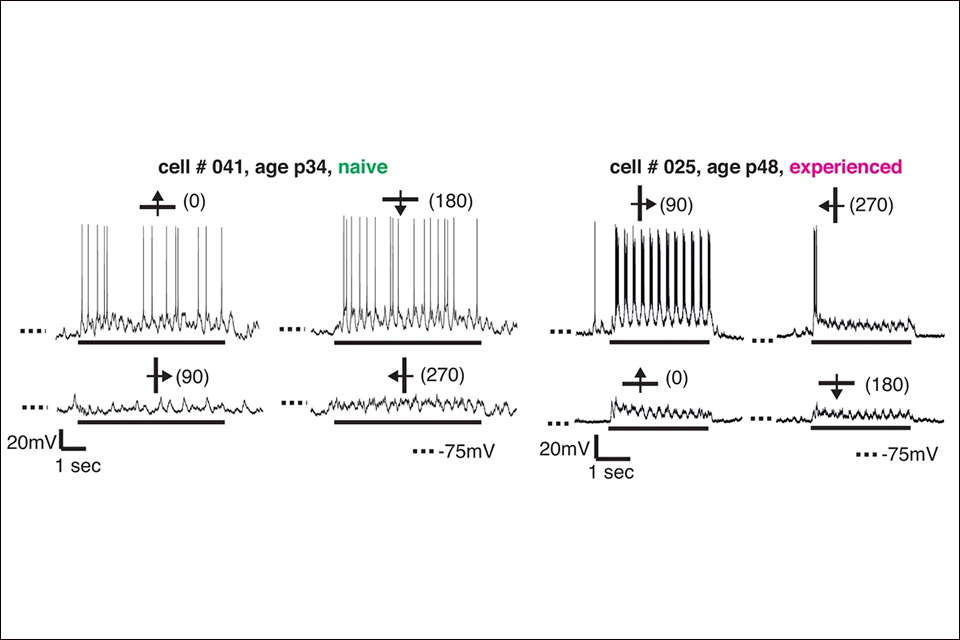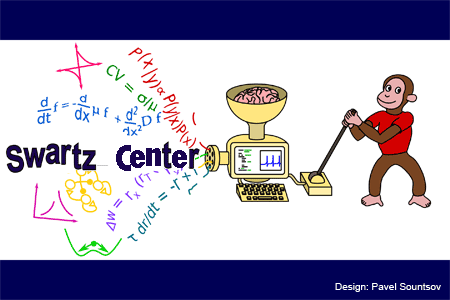The Swartz Center for Theoretical Neuroscience

We welcome applications from prospective postdoctoral research fellows with a strong quantitative background wishing to work in theoretical or computational neuroscience. If interested, please contact the director and mention the names of faculty you would be interested in working with.
The Swartz Center for Theoretical Neuroscience at Brandeis University is devoted to training predoctoral students and postdoctoral researchers with strong analytic and computational backgrounds to apply these skills to neuroscience.
 The core faculty consist of Eve Marder, Don Katz, Stephen Van Hooser, Shantanu Jadhav, Jonathan Touboul, and Paul Miller (Director). All members share an abiding commitment to combining experimental and theoretical approaches to the study of the brain and its functions.
The core faculty consist of Eve Marder, Don Katz, Stephen Van Hooser, Shantanu Jadhav, Jonathan Touboul, and Paul Miller (Director). All members share an abiding commitment to combining experimental and theoretical approaches to the study of the brain and its functions.
The six laboratories that form the core group of the Swartz Center for Theoretical Neuroscience are exceptionally well unified in a common intellectual and training enterprise focused on how nervous system function arises from cellular and synaptic mechanisms. At the same time we draw heavily on our interactions with our colleagues on both the cellular and cognitive sides, forming a very tightly knit and interactive community.
Within our research program we use theory for four basic purposes:
- To develop and apply powerful theoretical tools for analyzing and interpreting experimental data.
- To uncover the functional significance of cellular and synaptic properties.
- To relate and contrast discoveries made on different systems or in different brain regions to reveal common mechanisms and unifying principles.
- To make predictions that suggest directions for future experimentation.
Swartz trainees have made significant contributions in all four of these areas as well as performing the experiments upon which the theoretical work is based. Trainees are chosen from candidates with backgrounds in physics, mathematics, engineering, or computer science who wish to do research in neuroscience. Our goal is to ensure that, at the end of their training period, all trainees are capable of carrying out independent research on exciting and important topics in neuroscience, and can move smoothly between the theoretical and experimental approaches appropriate to the scientific question being addressed.
We feel that the best of the next generation of neuroscience researchers will have such a combination of skills, and that our training program will provide the requisite education and experience to produce leaders in the neuroscience of the future.